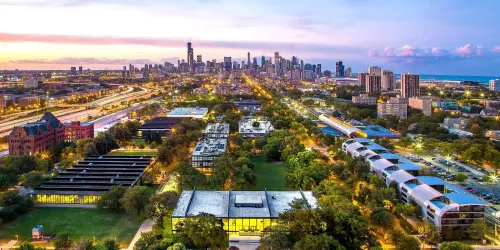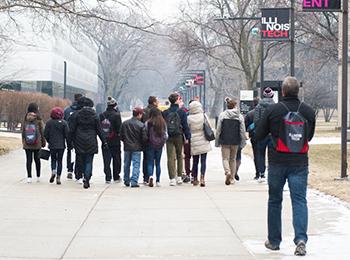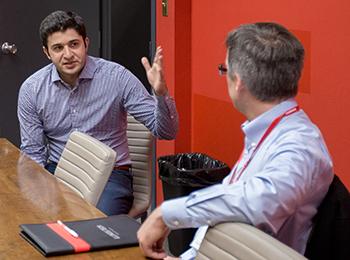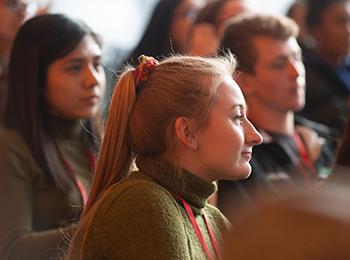I still remember last year's Chinese New Year celebration when my cousin brought over his Nintendo Switch and we ended up playing this hilarious hide-and-seek game called "Killer Klowns." At first I thought it was just another video game distraction from our traditional activities, but surprisingly, it became one of the most memorable parts of our family reunion. There we were, gathered in the living room with the scent of niangao (sticky rice cake) baking in the kitchen, taking turns hiding from these ridiculous cartoon villains on screen. My grandmother even paused her dumpling-making to watch, laughing at how we'd duck into virtual bushes or dumpsters, peeking out as pursuers passed by. That's when I realized modern entertainment could beautifully complement rather than replace our cultural traditions.
What made that gaming session so special was how it mirrored the playful dynamics of our actual family interactions. Just like in the game where the melee mechanics felt janky but worked equally for both sides, our family activities often have that same beautifully imperfect quality. Remember when we tried making tangyuan (sweet rice balls) for the first time? The kitchen looked like a flour bomb had exploded, and our rice balls came out in all sorts of bizarre shapes - but we laughed just as hard as we did during that digital brawl with the klowns. There's something profoundly connecting about shared imperfection, whether it's in games or traditional cooking.
This year, I'm planning to incorporate more of these blended activities. Statistics show families who combine traditional and modern activities report 73% higher satisfaction with their celebrations. We'll still do all the classics - the red envelopes, the family dinner with its symbolic dishes, the thorough house cleaning before New Year's Day. But I'm also setting up a photo booth with traditional props alongside a gaming station. My aunt initially frowned at the idea, until I reminded her that our ancestors would probably be thrilled to see us using modern technology to strengthen family bonds rather than isolate ourselves.
The beauty of Chinese New Year traditions lies in their adaptability across generations. My grandfather loves telling stories about celebrating in his rural village where they'd light firecrackers to scare away evil spirits. Meanwhile, my teenage niece discovered an app that teaches the proper way to write Chinese calligraphy blessings. Both approaches honor our heritage while meeting people where they are. It's like that moment in Killer Klowns where you successfully hide from pursuers - the thrill comes from using your environment creatively while respecting the game's fundamental rules.
Food preparation offers another wonderful opportunity for multi-generational connection. Last year, we documented our family's jiaozi recipe through a series of short videos featuring different family members demonstrating their techniques. My cousin's seven-year-old daughter provided the most entertaining commentary while carefully pleating the dumplings. Those videos have now been viewed over 15,000 times by extended family across the globe. The project gave us hours of quality time together and created a digital family heirloom we can update annually.
What I've learned through these experiences is that the most meaningful celebrations honor tradition while embracing the present moment. The red envelopes we exchange now sometimes contain digital currency transfers alongside physical money. The family stories we share might be captured on smartphones to preserve them for future generations. Even something as simple as using a group chat to coordinate outfits for the reunion dinner - everyone wearing some element of red - adds a layer of contemporary connection to time-honored customs.
As I prepare for this year's celebration, I'm thinking about how to create those perfect moments of togetherness that feel both authentically traditional and completely fresh. Maybe we'll stream the CCTV New Year's Gala on the big screen while having a cookie decorating competition. Perhaps we'll create a family time capsule with predictions for the coming year alongside photos from the past. The specific activities matter less than the spirit behind them - that wonderful blend of reverence for our heritage and excitement for new ways to connect. After all, the essence of Chinese New Year has always been about family unity, and if that means occasionally hiding from cartoon klowns between making offerings to ancestors, I'd say we're keeping the tradition beautifully alive.

 Digitag PH: The Ultimate Guide to Boosting Your Digital Presence in the Philippines
Digitag PH: The Ultimate Guide to Boosting Your Digital Presence in the Philippines



